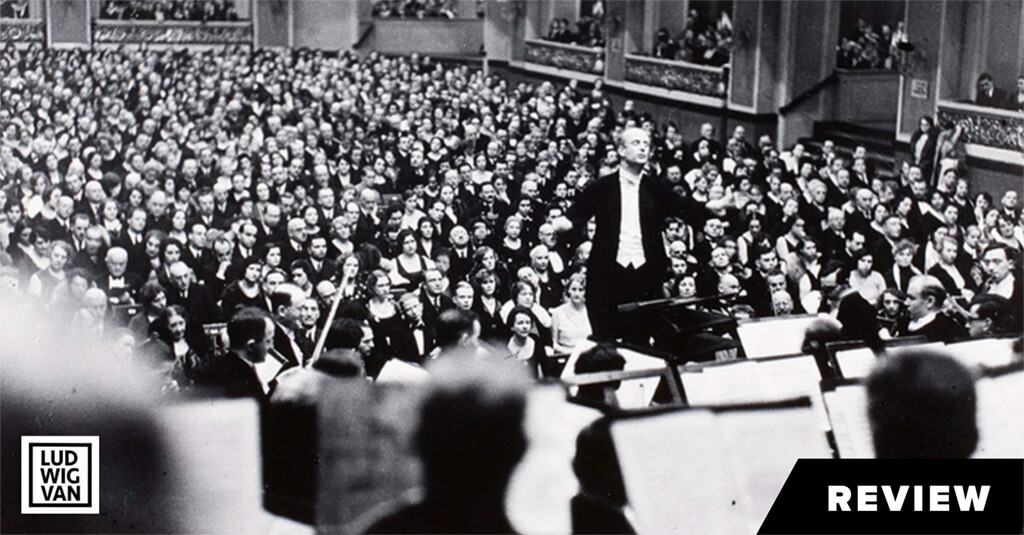
Wilhelm Furtwängler: The radio recordings, 1939-45 (Berlin Philharmonic)
★★★★★ (out of five)
🎧 Berlin Philharmonic Recordings
At the end of the war, when the Russians occupied Berlin’s radio centre, a musically literate officer called Konstantin Adzhemov rounded up some 1,500 tapes and sent them home to Moscow. His purpose in doing so is unknown, unless it was just part of the general order to plunder everything, but the result was that a historic picture was preserved of the music that was played in Berlin during the Hitler years.
Musicians in the Berlin Philharmonic Orchestra had been spared from military service and their conductor, Wilhelm Furtwängler, was known to be the Führer’s favourite Wagner interpreter. The musicians lived well and Furtwängler, for all his post-War self-pity, was making an absolute fortune. A note in the book accompanying these 22 CDs finds that he received an extra 1,000 Reichsmarks for each broadcast, at the very least. For one concert he was paid RM 17,000 — equivalent in today’s terms to more than 60,000 Euros.
Adzhemov went on to become a teacher at the Moscow Conservatoire. When the tapes were returned by the Russians in 1990, some of the concerts were released on CD, but this is the first complete set and I would not be doing my job if I failed to describe it as historically unique and musically indispensable.
What we have here is music as a reflection of the Third Reich and as a refuge from its totalitarian invasion of people’s minds. Furtwängler, phenomenal artist that he was, infuses each performance with the spirit of its time. To hear the Beethoven violin concerto played in March 1944 with concertmaster Erich Röhn as soloist is to sense the prophetic imminence of catastrophe, an effect achieved without any change being made to Beethoven’s score. The seventh symphony has an ominous tinge as early as 1942 while the ninth is positively upbeat. (How, you wonder, could they play a hymn to brotherhood when Berlin citizens were being sent to Auschwitz?)
Furtwängler’s tempi are often brisk and always tight, belying his reputation for having a wayward beat. He never lets soloists linger in Schumann concertos and cracks ahead in Sibelius even as the violinist Georg Kulenkampff is losing his bearings. There are several Nazi composers in the set but when it comes to Beethoven’s fifth symphony Furtwängler’s approach is less propagandistic that some of those that came out of London in those dark days.
I can’t begin to cover the whole set in a brief review — the Brahms fourth symphony of January 1945 warrants an article on its own and the Richard Strauss pieces have an unequalled shimmer. There’s also an hour-long symphonic concerto by Furtwängler — a total bore. If you have even the slightest curiosity in how musicians made the greatest music of their lives while humanity was laid waste, this set is the starting point for your investigation. You can order or download it from the Berlin Philharmonic website.
LUDWIG VAN TORONTO
Want more updates on Toronto-centric classical music news and reviews? Follow us on Facebook or Twitter for all the latest.
- LEBRECHT LISTENS | Jordan Bak’s Cantabile For Viola Reveals The Neglected Instrument’s Beauty - April 12, 2024
- LEBRECHT LISTENS |David Robert Coleman & The Berlin Radio Symphony Orchestra Reveal The Charms Of Walter Kaufmann - April 5, 2024
- LEBRECHT LISTENS | Recordings Of Ysaÿe, Brahms & Busoni Show Not All Violin Concertos Were Created Equal - March 28, 2024



